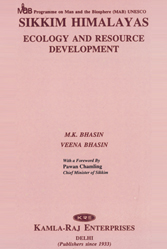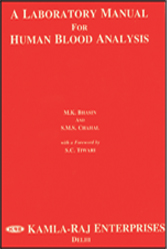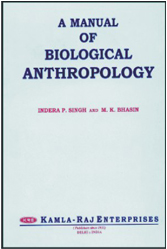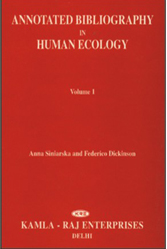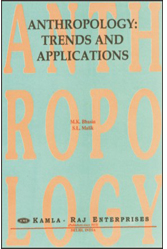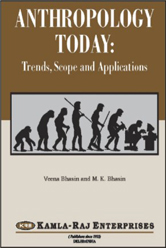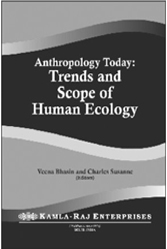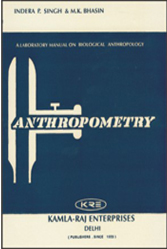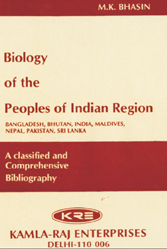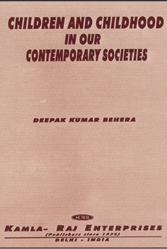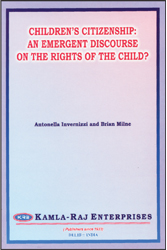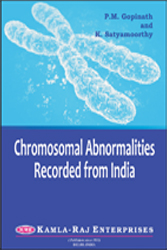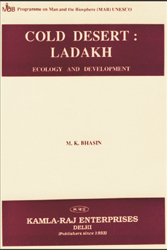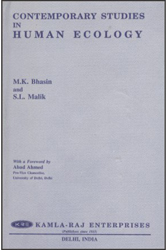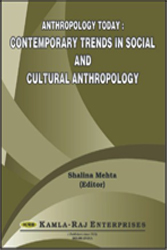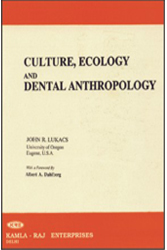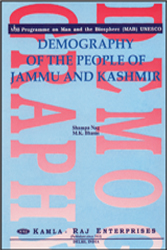SPECIAL VOLUME ANTHROPOLOGY
Contemporary Issues in Education with Special Reference to Turkey
RIZA ULKER (Zirve University, Faculty of Education, Gaziantep,
Turkey) and MUHAMMET USAK (Dumlupinar University, Kutahya, Turkey)
2013 • Pages: 433 • Size: 180x240 • Binding: Hard •
PRICE: US$ 100/- Rs. 1750/-
(Anthropologist Special Issue No. 10)
This current volume covers Contemporary Issues in Education by mostly taking human factor in the center whether that human being is a student, teacher, administrator or a parent, and truly reflects upon the nature of anthropology as a cohesive discipline. A synopsis of the volume confirms that today anthropology is not just defined as “the study of man”, but it could also be defined as the study of complex situations surrounding man and all his/her constituencies in educational settings. We hope that the research you read in this volume would broaden your horizons and motivate many international scholars around the globe to contribute to the field of education by keeping the big picture in their mind.
